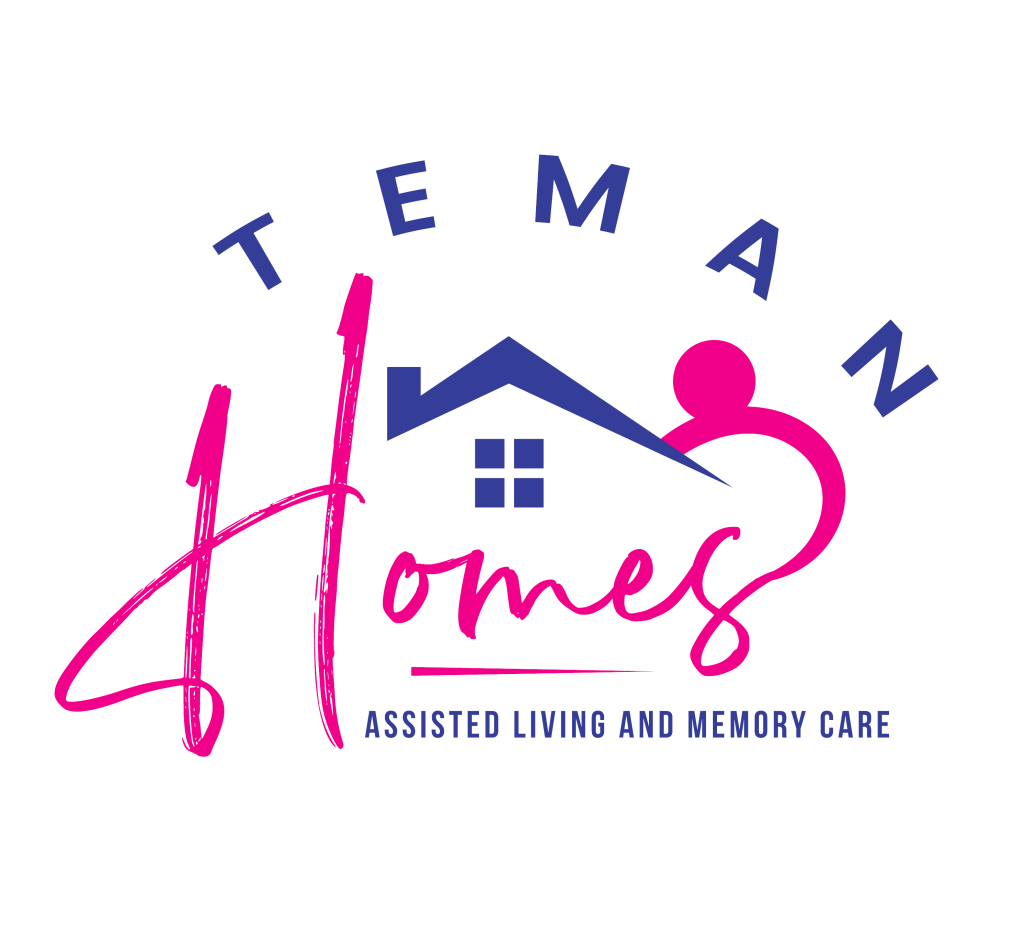Engaging With Care Teams
In the healthcare sector, a unique set of terminologies and acronyms is used, some of which are specific medical terms taught academically, while others have developed through daily interactions among healthcare professionals. Although it’s not essential to familiarize yourself with all these terms, understanding some can significantly improve your ability to communicate effectively and obtain the necessary information.
Encourage asking questions respectfully. If you’re unsure about a term, don’t hesitate to inquire about its meaning. Healthcare providers may sometimes use medical jargon, assuming that patients or their families are familiar with the terms. We welcome clarifications and prefer them over misunderstandings that could arise from assumptions. This is particularly crucial when making important decisions that require clear understanding by the patient or family members.
Express your beliefs and values. If you hold any religious or cultural beliefs that might influence care preferences, it’s important to communicate these early on. Healthcare facilities and providers strive to respect and accommodate such beliefs to enhance patient experiences, as they can significantly affect illness management decisions.
Share your research. The internet has made a wealth of information available, but not all of it is accurate. If you come across information relevant to your or a family member’s condition, discuss it with your healthcare team. This encourages a dialogue where misconceptions can be addressed, ensuring decisions are based on reliable evidence and professional expertise.
Voice any concerns. If you’re dissatisfied with any aspect of the care received, it’s important to express your concerns. Whether speaking directly to the involved party or a care manager, usually a nurse manager, your feedback is valuable. It may highlight a miscommunication, prevent potential errors, and contribute to improving healthcare processes for future patients. Remember, healthcare professionals are committed to providing excellent care but are also human and capable of mistakes. Your input can be crucial in enhancing care quality.
Encourage asking questions respectfully. If you’re unsure about a term, don’t hesitate to inquire about its meaning. Healthcare providers may sometimes use medical jargon, assuming that patients or their families are familiar with the terms. We welcome clarifications and prefer them over misunderstandings that could arise from assumptions. This is particularly crucial when making important decisions that require clear understanding by the patient or family members.
Express your beliefs and values. If you hold any religious or cultural beliefs that might influence care preferences, it’s important to communicate these early on. Healthcare facilities and providers strive to respect and accommodate such beliefs to enhance patient experiences, as they can significantly affect illness management decisions.
Share your research. The internet has made a wealth of information available, but not all of it is accurate. If you come across information relevant to your or a family member’s condition, discuss it with your healthcare team. This encourages a dialogue where misconceptions can be addressed, ensuring decisions are based on reliable evidence and professional expertise.
Voice any concerns. If you’re dissatisfied with any aspect of the care received, it’s important to express your concerns. Whether speaking directly to the involved party or a care manager, usually a nurse manager, your feedback is valuable. It may highlight a miscommunication, prevent potential errors, and contribute to improving healthcare processes for future patients. Remember, healthcare professionals are committed to providing excellent care but are also human and capable of mistakes. Your input can be crucial in enhancing care quality.
